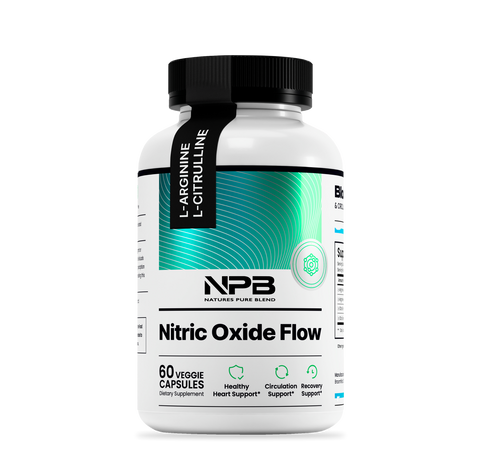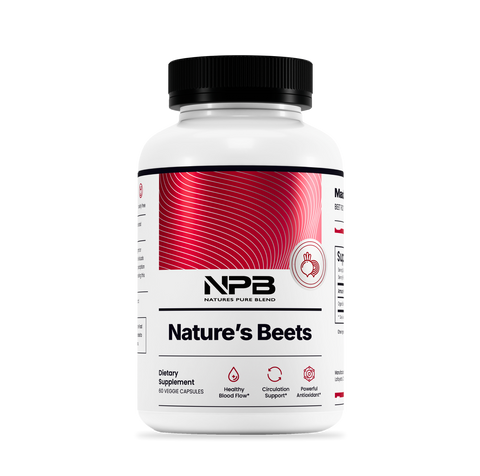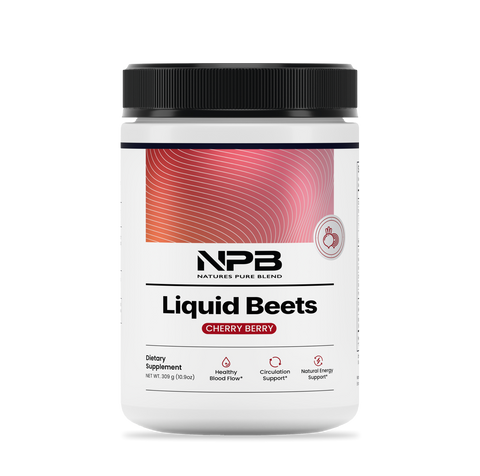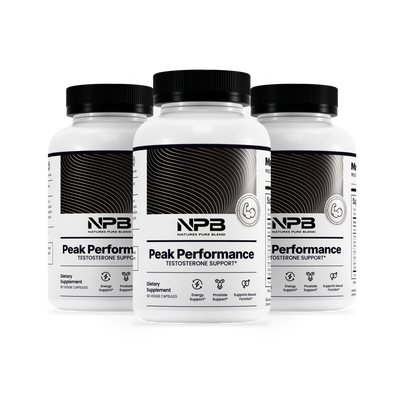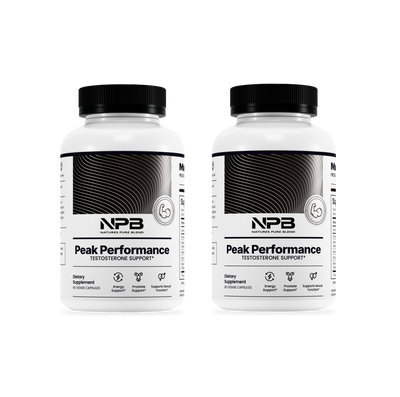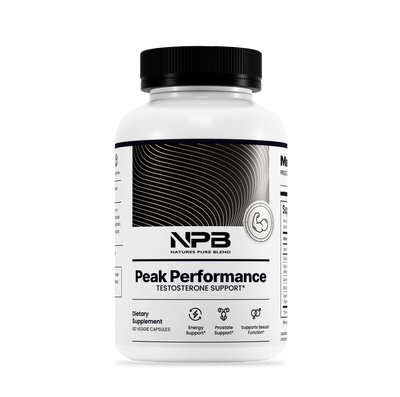Maintaining healthy testosterone levels is crucial for overall well-being, as testosterone plays a vital role in numerous bodily functions, including **muscle mass development**, **bone density**, **libido**, and **mood regulation**. However, certain foods in our diet can negatively impact testosterone production and balance. By being mindful of what we eat, we can optimize testosterone levels and support overall health. Here are nine foods to avoid to maintain optimal testosterone levels.
1. Soy Products:
Soy contains compounds called **phytoestrogens**, which mimic estrogen in the body. Consuming high amounts of soy products like tofu, soy milk, and edamame may lead to an imbalance between testosterone and estrogen levels, potentially reducing testosterone production in men. [1]
2. Flaxseeds:
Flaxseeds are rich in **lignans**, another type of phytoestrogen. Similar to soy, flaxseeds can interfere with hormone balance and may lower testosterone levels, particularly when consumed in large quantities or as a dietary staple. [2], [3]
3. Alcohol:
While an occasional drink may not have a significant impact, **excessive alcohol consumption** can lead to a decrease in testosterone levels. Alcohol affects the endocrine system and can disrupt hormone production and regulation, ultimately lowering testosterone levels over time. [4]
4. Processed Foods:
Processed foods, including **fast food**, **sugary snacks**, and **refined grains**, often contain high levels of trans fats, unhealthy oils, and added sugars. These ingredients can contribute to **inflammation** and **insulin resistance**, which may impair testosterone production and signaling in the body. [5]
5. High-Sugar Foods:
Diets high in sugar have been linked to **insulin resistance** and **obesity**, both of which can negatively impact testosterone levels. Excess sugar consumption can also lead to fluctuations in blood glucose levels, which may further disrupt hormone balance and function. [6]
6. Mint:
While mint is often used to flavor foods and beverages, certain varieties of mint, such as **spearmint** and **peppermint**, have been shown to have **anti-androgenic effects**. Consuming large amounts of mint or mint-flavored products may interfere with testosterone production and could potentially lead to hormonal imbalances. [7]
7. Licorice Root:
Licorice root contains compounds that can **inhibit the enzyme** responsible for breaking down testosterone in the body. Regular consumption of licorice root or products containing licorice extract may result in elevated estrogen levels and reduced testosterone activity. [8]
8. High-PUFA Vegetable Oils:
Vegetable oils high in **polyunsaturated fatty acids (PUFAs)**, such as soybean oil, corn oil, and sunflower oil, can promote inflammation and oxidative stress in the body. These oils have been linked to lower testosterone levels and may have negative effects on overall hormonal health. [9]
9. Dairy Products:
While dairy products are a good source of protein and calcium, they may also contain **synthetic hormones**, such as estrogen and progesterone, which are sometimes given to dairy cows to increase milk production. Consuming dairy products with added hormones could potentially disrupt hormone balance and affect testosterone levels. [10]
Conclusion
Maintaining optimal testosterone levels is essential for overall health and well-being, particularly for men. By avoiding or minimizing consumption of these nine foods, you can help support healthy testosterone production and balance. Instead, focus on a diet rich in **whole, nutrient-dense foods**, including lean proteins, fruits, vegetables, and healthy fats, to promote optimal hormone function and overall vitality.
Disclaimer: These statements have not been evaluated by the Food and Drug Administration. These products are not intended to diagnose, treat, cure or prevent any disease. Product results may vary from person to person.
© 2021 Copyright. All rights reserved.
